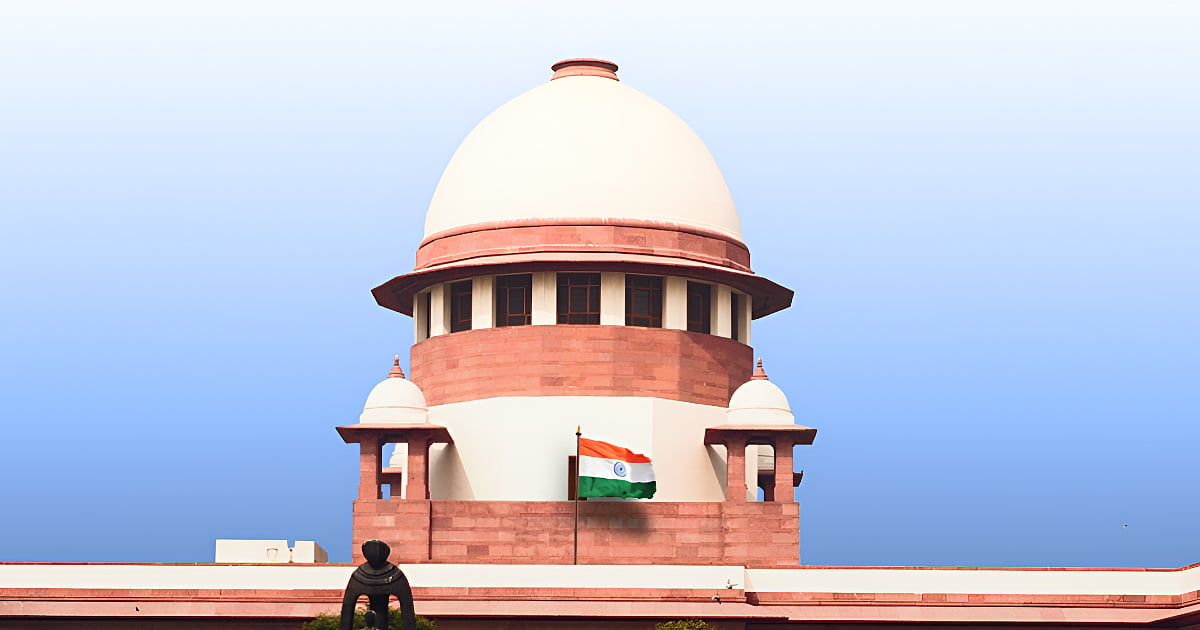Highlights
- The center says online money gaming cannot override public safety or trade limits.
- The affidavit links gaming platforms to money laundering, tax evasion, and illicit fund flows.
- The government cites rising youth fatalities and losses exceeding ₹2K crore (approximately $240M).
The Center told the Supreme Court that online money gaming platforms cannot rely on trade rights when their operations endanger human lives. In an affidavit, it said funds circulating through these platforms were being laundered or used for terror financing, and that addiction and youth fatalities continued to rise across the country.
Companies represented by senior advocate C.A. Sundaram and advocate Rohini Musa have sought a stay on the Promotion and Regulation of Online Gaming Act. The government said the law was necessary to address the rapid spread of online money games, which it described as a threat to individuals, families, and national security.
Center Cites Financial Crimes and Youth Harm in Gaming Law Defense
The affidavit said an estimated 45 crore people had been adversely affected by online money games, with losses crossing ₹2K crore (approximately $240M). It added that “there can be no right to profession or trade at the cost of human lives,” citing deaths reported in states including Kerala, Tamil Nadu, Telangana, and Andhra Pradesh, as well as the July 2025 death of a 13-year-old from Indore.
The government pointed to “systemic legal violations” involving tax evasion, money laundering, and cross-border illicit fund flows. Banks had identified “money mule accounts” linked to online gaming websites. The Center also said the post-COVID growth of online gaming aligned with a rise in fraud cases, illegal loan apps, and cybercrime.
The affidavit highlighted risks of identity theft and data compromise, noting exposure to intruders, predators, and malicious software. Government data showed outward remittances exceeding ₹5.7K crore (approximately $686M) in 2023-2024.
The Center said the Act reasonably distinguishes real-money games, which it called “pernicious and hazardous,” and esports. It argued that the classification aims to protect young users, public health, and financial integrity.

